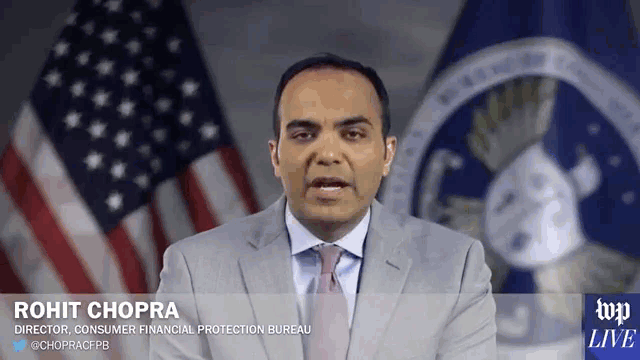This week, a few stories on how the federal government is turning up and potentially turning down competition for community banks and credit unions. First, the SBA allows Fintech participation in its top lending program. Also, the CFPB lays out the argument for more regulation of the peer to peer payment industry.
1. SBA opens the door to Fintech
Anna Hrushka at Banking Dive covers the end of regulation preventing Fintech participation in 7(a) lending.. Starting May 11, nondepository lenders can apply for Small Business Lending Company (SBLC) licenses for the first time since enacting a moratorium in 1982.
Proponents say the rule, which takes effect May 11, will grow the program’s lender base and increase small-business lending in underserved markets. The rule, however, has drawn push back from bank trade groups who argue adding more nonbanks to the program could threaten its integrity and harm borrowers.
The agency plans to add three new SLBC holders to the existing fourteen. While not exactly opening the floodgates, it does create an opening for Fintechs to offer more traditional banking offerings. Note this quote from Fintech Funding Circle:
“This is an opportunity for the more than 8,000 community banks and credit unions that don’t offer 7(a) loans to partner with Fintech lenders to offer affordable loans quickly in underserved communities,” the Fintech said in a statement. “Congress should now focus on ensuring SBA has the resources necessary to license more than three new lenders in its SBLC program in order to increase competition and distribution of government guaranteed loans in underserved communities.”
The final ruling, with responses to comments, here.
2. CFPB Waves the Warning Flag on P2P
On Wednesday, CFPB Director Rohit Chopra spoke to the Washington Post. His topics included the agency’s stance on peer to peer (P2P) payment industry. Forefront in concerns was the risk to consumers.
“Many people think of this as a bank account, a place you can store funds. But the reality is, it’s not like a traditional bank account, and there are certain circumstances where those balances may not be fully insured,”
His comments propose a path to enable the agency’s oversight and regulation. His argument relies on determining certain payment processors as systemic to the economy.
An excerpt on P2P regulation:
In the full interview, he addresses SVB’s collapse, bank executive compensation, and (without specifics) increasing capitalization and liquidity requirements.
That’s it for the week. Relationship goals. Thanks for reading. Tell us the one thing you change in this post at blog@mindspaninc.com.

